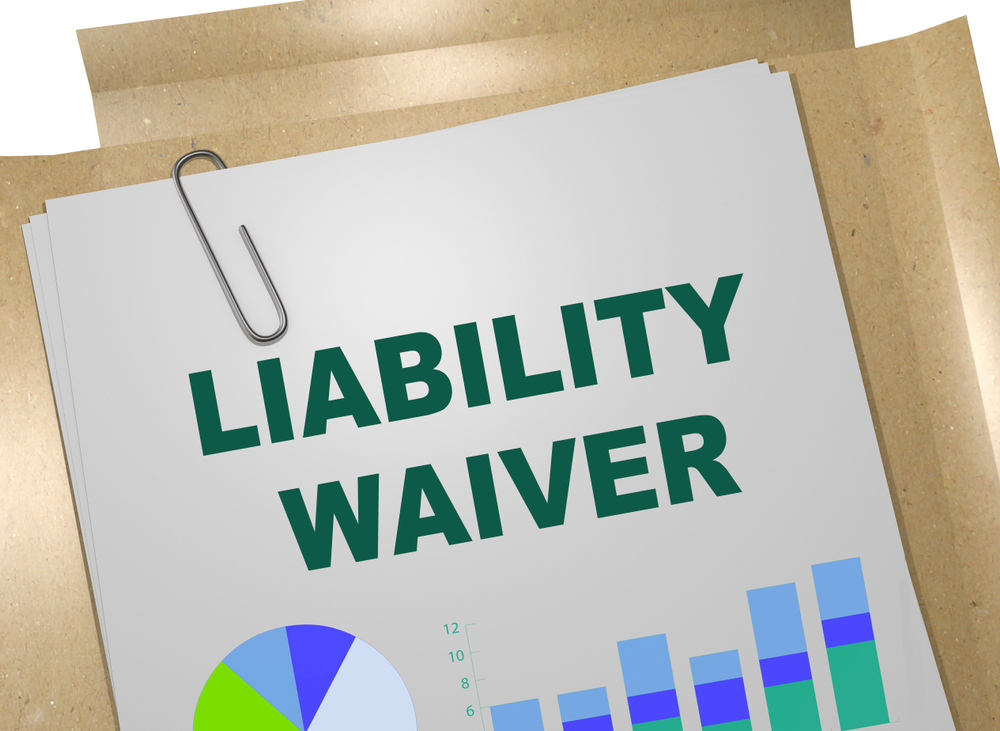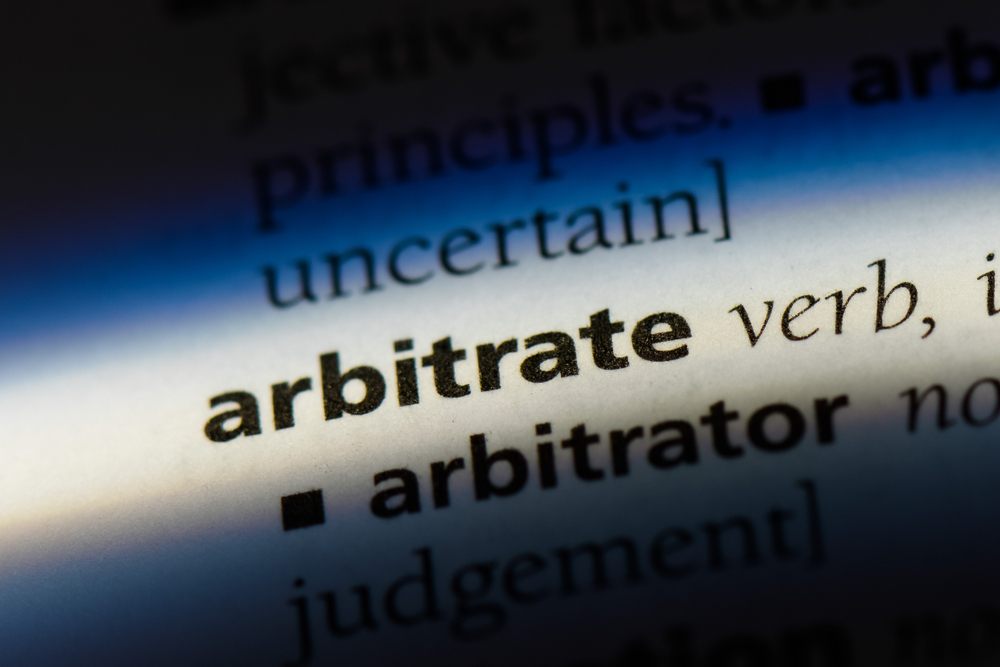Ambiguity in Insurance Policy Interpreted in Favor of Insured
When it comes to insurance policies, it is important to consider: If the relevant policy language is susceptible to more than one reasonable interpretation, one providing coverage and the other limiting coverage, the insurance policy is considered ambiguous. Ambiguous policy provisions are interpreted in favor of the insured. Security First Ins. Co. v. Vazquez, 47 Fla. L. Weekly D487b (Fla. 5th DCA 2022). Vazquez exemplifies an ambiguous insurance provision interpreted in favor of the insured. Here, the property insurance policy contained an endorsement with a $10,000 sublimit for, “Sudden and accidental direct physical loss to covered property by discharge of overflow of water or...
Continue reading











